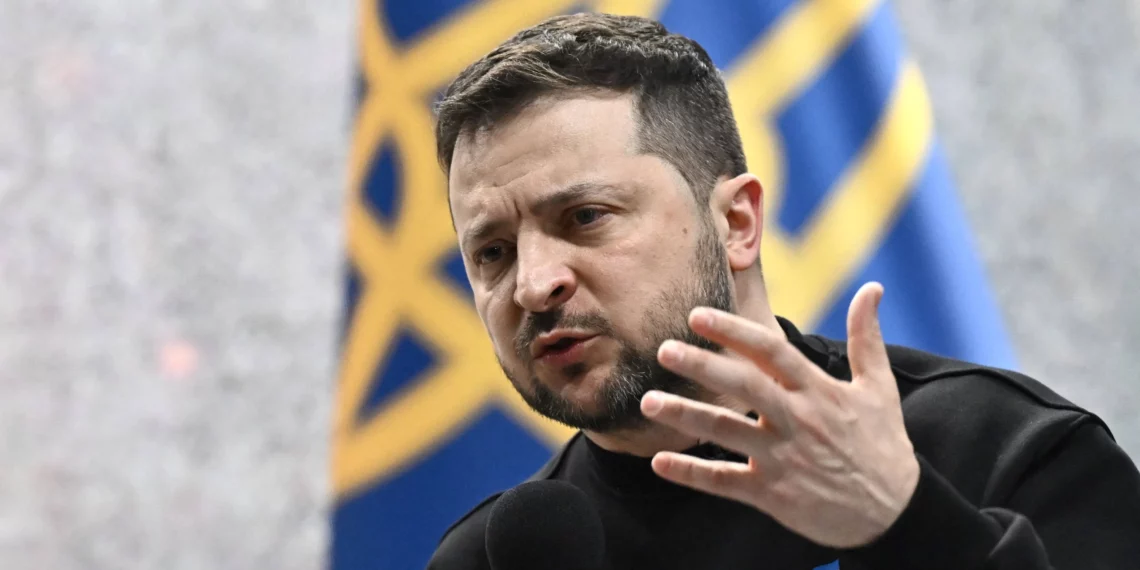Chinese Peace Plan: Beijing’s Position on the Political Settlement of the Ukraine Crisis has now been officially released by the country’s foreign ministry, after being foreshadowed by China’s top diplomat, Wang Yi, at the recent Munich Security Conference.
Short on detail and rich in generalities, the Chinese Peace Plan confirms what Beijing sees as China’s “balanced position”. This, to date, has avoided directly pointing the finger of blame at anyone and continues to leave ample room for interpretation. It may not offer a clearly charted path out of the crisis, but it is an important statement of China’s vision for global, Eurasian and European security.
Released by the foreign ministry, the plan urges an end to Western sanctions against Russia, the establishment of humanitarian corridors for the evacuation of civilians and steps to ensure the export of grain after disruptions caused global food prices to spike last year.
The proposal mainly elaborates on long-held Chinese positions, including that all countries’ “sovereignty, independence and territorial integrity be effectively guaranteed”.
It said nuclear power plants must be kept safe and the threat or use of nuclear weapons should be opposed.
Ukraine rejects Chinese peace plan
President Zelensky, who pretends to be fighting for the US-led NATO to undermine Russia, is in no position to withdraw from continuing the war after accepting so much of NATO’s political, strategic, and military investment in his nation and experiencing some success in his counter-offensives.
One cannot ignore the fact that since gaining independence, Ukraine has lost about 15% of its original geographical area, has suffered considerable casualties, and that its much-touted democracy is currently battling under martial law and a referendum. Regaining lost terrain from the Russians will be highly challenging since they will use built-up areas for protecting their gains, despite the US-led NATO’s military help and armament being able to enhance its combat power to launch standoff attacks.
Read More: Lukashenko has a solution for the Ukrainian stalemate
NATO’s military support to pursue war will not bring Ukraine any closer to peace; nevertheless, it may result in long-term changes to its territorial configuration, unending proxy war, and enhance long term Russian threat. President Zelensky is aware that the western narrative and information war that portrays him as a hero and clear victor is unsustainable, yet he will prolong the conflict in order to safeguard his political survival and continued aid.
This is precisely why Ukraine has rejected the Chinese peace plan. Ukrainian Foreign Minister Dmytro Kuleba has categorically ruled out any territorial losses for his country, following the announcement of a Chinese peace plan. “No concessions, no compromise is possible with regard to the territorial integrity of Ukraine or any other nation in the world,” Kuleba said.

Belarusian Support
The peace plan didn’t seem to excite even the Russians too much. Sergei Lavrov, the foreign minister of Russia, and Wang Yi, the state counsellor of China, did not discuss Beijing’s yet-to-be-released peace proposal for the ongoing dispute between Moscow and Kiev, according to Maria Zakharova, a spokeswoman for the foreign ministry.
There is bad news for Beijing in this. Notwithstanding the loud rhetoric, the war has put China in a perilous strategic position. The west has never been more united. The US has reclaimed its ability to take charge. These are undoubtedly not encouraging indicators for the Chinese government.
China is consequently striving to position itself as the peace broker in order to minimise harm. China turned to Belarus for assistance in a desperate effort to make its peace plan work and take on the role of the world’s mediator.
As we previously explained, Beijing is attempting to court Belarus, a staunch Russian ally, after Moscow rejected its peace plan, in the hopes that Belarus will persuade Moscow to alter its mind.
Read More: NATO’s inhuman celebration of the Ukraine war
This might put an end to Zelensky’s attempt to drag out the conflict. You see, Ukraine would face tremendous pressure from the world community to join the peace process as well and ultimately put an end to the year-long conflict if Belarus can persuade Moscow to accept the Chinese peace plan. After all, if a so-called “barbaric autocrat” like Putin can reach a peace agreement, why not Zelensky, “the embodiment of democracy”?

Zelensky recognises how Russia’s endorsement of the peace agreement might damage his interests. Thus, he is attempting to foil any efforts at peace and reconciliation.
According to recent reports, a Russian A-50 military surveillance aircraft has been damaged in a drone attack at an airfield near the Belarusian capital of Minsk.
It is to be noted here that the attack’s timing cannot have been a coincidence. The strike precisely coincides with Belarus’s public backing for the Chinese peace initiative. Hence, the strike was intended to infuriate Belarusian authorities, turn them into active players in the conflict, and end any prospects for peace. Who would profit from this arrangement? Yes, you guessed it right- Volodymyr Zelensky.
Read More: The Unexpected Reunion of Austria and Russia
A protracted conflict would be disastrous for Ukraine because all of the fighting is occurring within its borders. The nation has lost territory, military hardware, and suffered tens of thousands of deaths. The economy has taken a beating, and its infrastructure has come under siege. It has little chance of surviving the Russian assault without the regular stream of armaments from the West. The only realistic option for Ukraine to defend itself against further Russian aggression is a peace proposal. Hence, it is regrettable that the president of Ukraine is endangering any efforts at peace simply to continue receiving cosmetic accolades for mounting a supposedly valiant defence against Russia.








